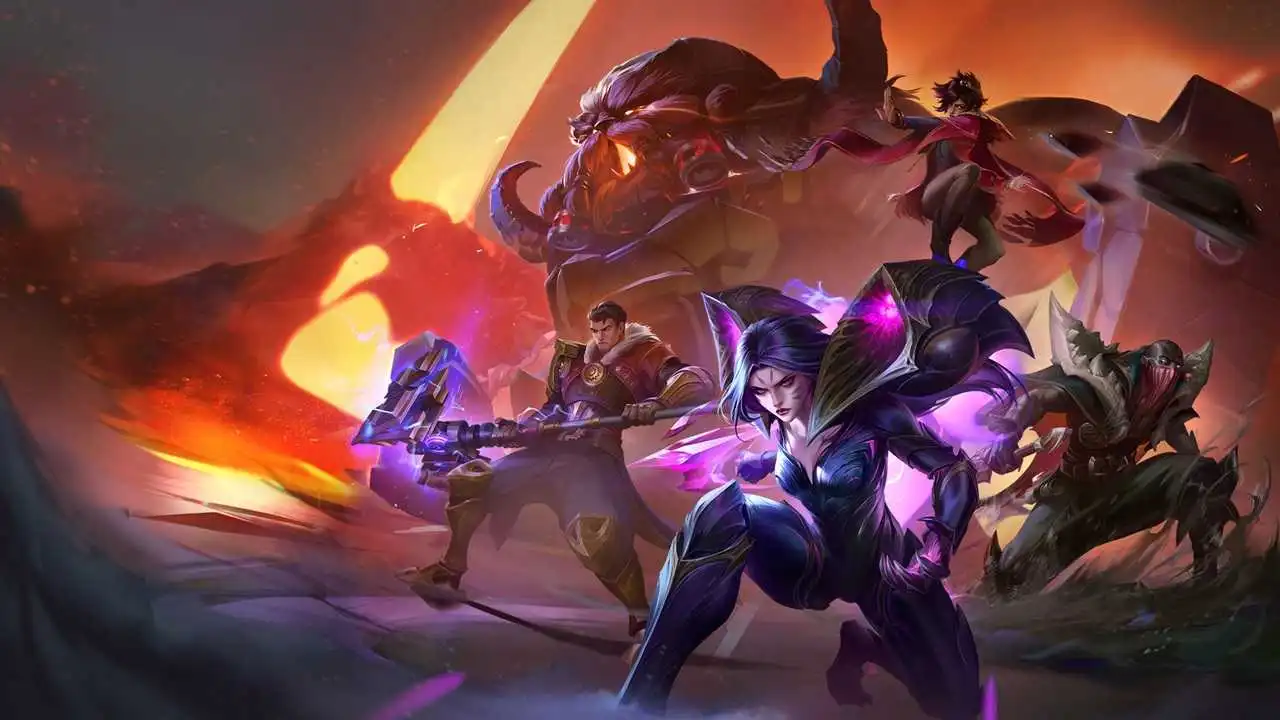Riot Games Overhauls League of Legends Esports Model, Shifts Focus to Digital Content Monetization
In a significant move, Riot Games has announced sweeping changes to the business model behind its lucrative League of Legends esports ecosystem. The game developer and publisher is shifting the focus away from traditional sponsorship revenue sharing toward a model that prioritizes monetizing in-game digital content.
The new approach, outlined in a blog post by Riot’s President of Esports John Needham, aims to generate more sustainable and predictable revenue streams for the franchised teams competing in the LCS (North America), LEC (EMEA), and LCK (Korea) leagues. Needham stated that Riot is still working with the LPL (China) on potential evolutions to their business model.
At the heart of the changes is the creation of a Global Revenue Pool (GRP) that will collect revenue from the sale of digital LoL Esports content. This revenue will then be allocated to teams based on a tiered system:
- 50% of the GRP revenue will be divided equally among the global tier 1 teams
- 35% will be allocated based on teams’ competitive performance, split between regional league standings and international event results
- The remaining 15% will go into “Fandom Shares” aimed at rewarding teams for developing strong fan bases
In addition to earnings from the GRP, teams will also receive a fixed stipend directly from Riot. However, this shift comes at the expense of sponsorship revenue sharing, which Riot said it would phase out, though it will still contribute 50% of other direct revenues like media rights once it recoups its annual investment in LoL Esports.
Riot also announced that it will increase the revenue share percentage that teams earn from LoL Esports digital content sales, though it did not disclose the new figure. The company hinted at upcoming digital product releases later in the year, noting that content introduced in the last two seasons has “set new engagement and revenue records.”
Needham touted the changes as resulting in “better financial upside and more consistent revenue” for teams, putting LoL Esports on a “path to long-term sustainability.” He argued the new model aligns the financial incentives of esports organizations and the league, rather than having them compete for the same limited sponsorship deals.
Riot cited inspiration from its VALORANT esports model, which involves a “partner team” system where organizations receive a share of in-game esports item sales. Those sales amounted to $33 million for VALORANT teams in 2023.
The sweeping business model overhaul comes amid a period of uncertainty for esports organizations, who have struggled to generate sustainable revenues during the ongoing “esports winter.” Needham acknowledged the difficulties teams have faced, including the burden of LoL’s roughly $10 million franchise buy-in fee.
However, he pushed back against claims of an “imminent demise” for esports, pointing to the increased viewership LoL Esports has seen in recent seasons. Needham reaffirmed Riot’s commitment to delivering “unforgettable gaming experiences” and maintaining its status as the “#1 esport on the planet.”
“There will be more changes and adjustments along the way, always with the goals of elevating our games, serving our players better, and achieving ecosystem-wide sustainability for Riot Games and our partners,” Needham wrote.
The pivot toward digital content monetization represents a significant strategic shift for League of Legends esports. By reducing reliance on sponsorship revenue and tying team earnings more closely to in-game purchases, Riot aims to create a more stable and lucrative business model that benefits both the league and its franchised organizations.
This overhaul comes at a crucial juncture, as the esports industry navigates a challenging economic climate. Riot’s willingness to evolve its approach demonstrates a proactive effort to future-proof the LoL esports ecosystem and ensure its long-term viability.
As the details of the new revenue sharing model and upcoming digital content releases unfold, the broader esports community will be closely watching to see if Riot’s ambitious changes pay dividends. The success or failure of this transition could have ripple effects across the industry, setting a precedent for how leading titles approach the complex balancing act between publisher control and team profitability.
Ultimately, Riot’s moves signal a recognition that the traditional esports business model is in need of adaptation. By pivoting toward a digitally-driven approach anchored in fan engagement and in-game monetization, the company is charting a course it hopes will sustain the continued growth and popularity of League of Legends esports for years to come.

